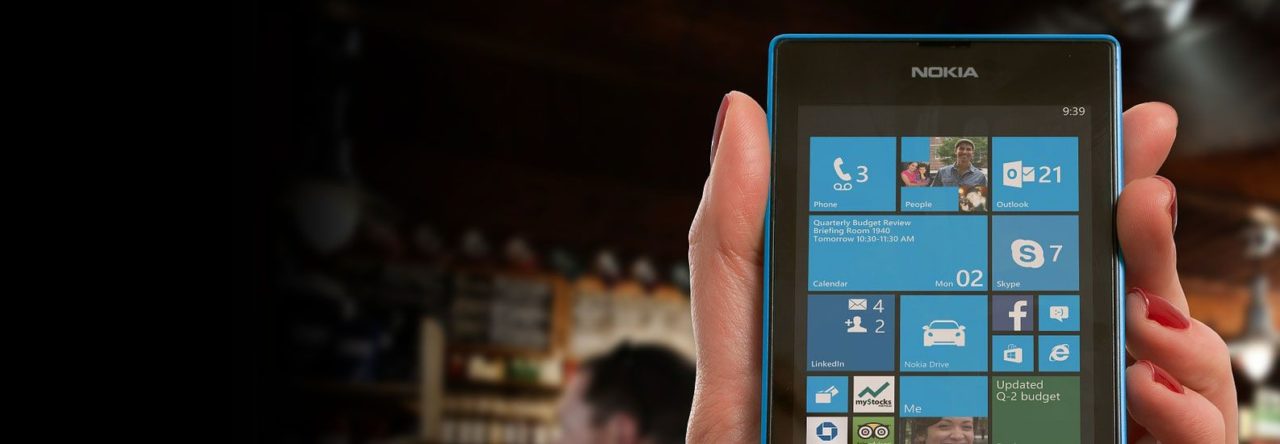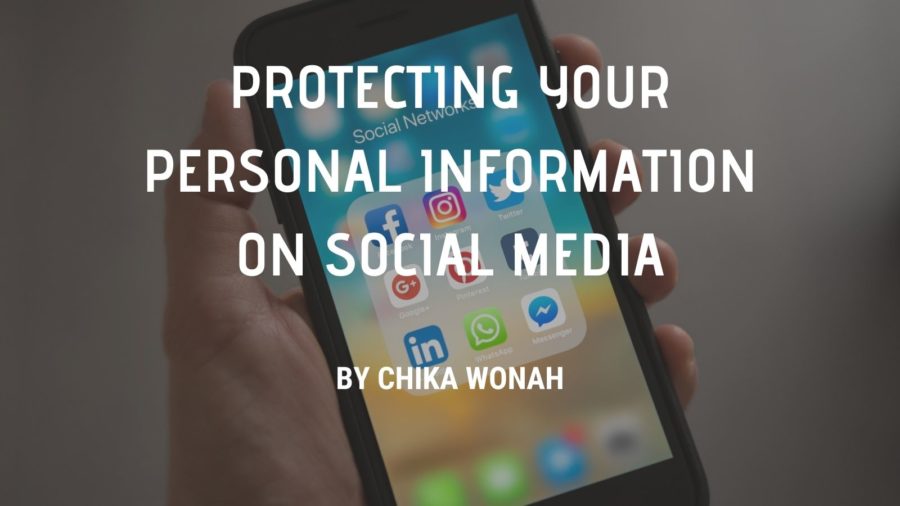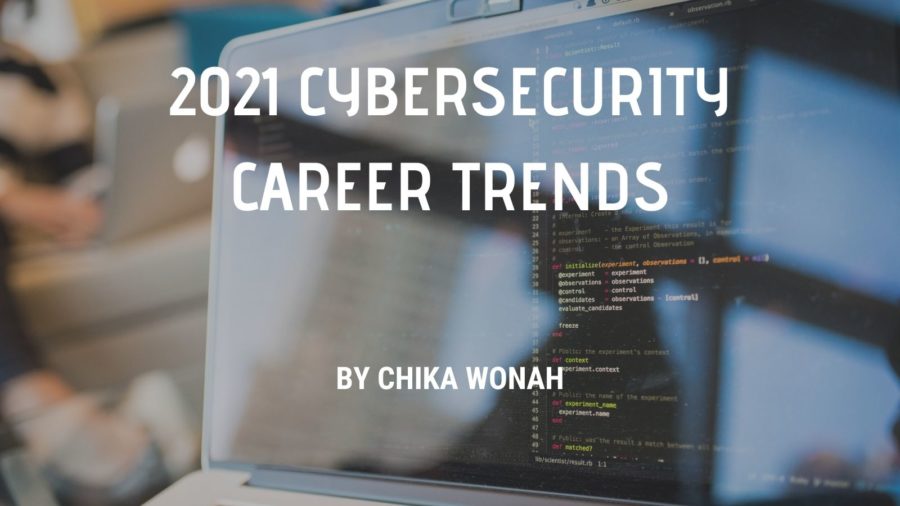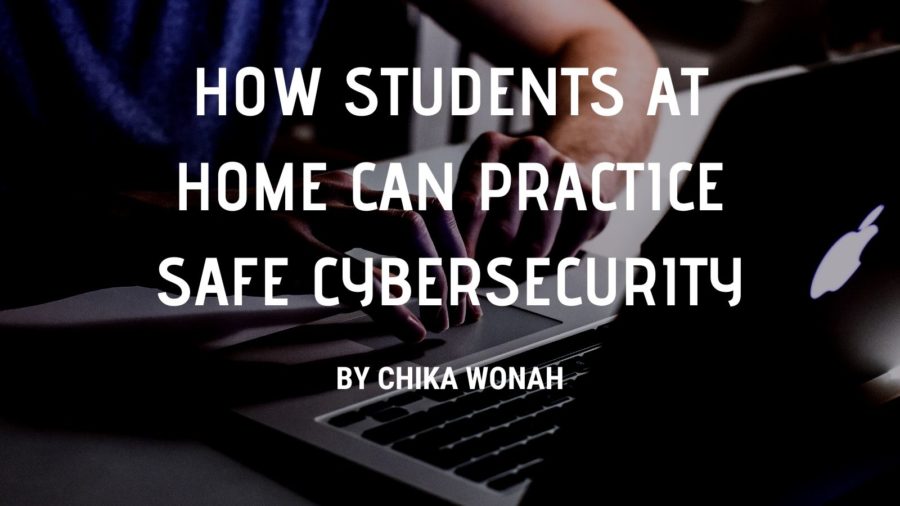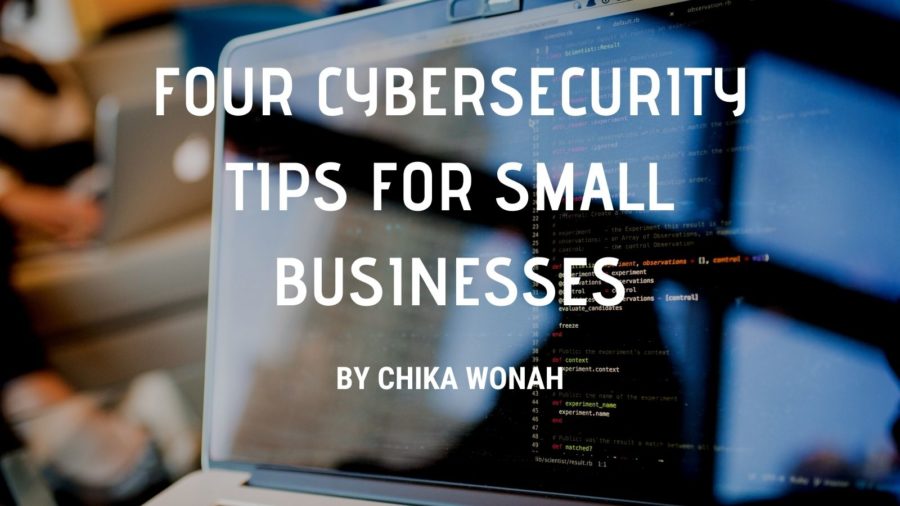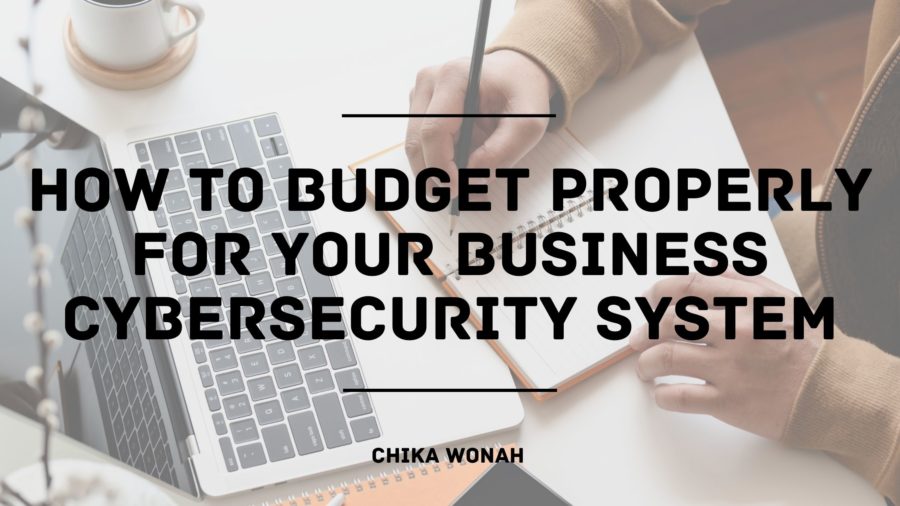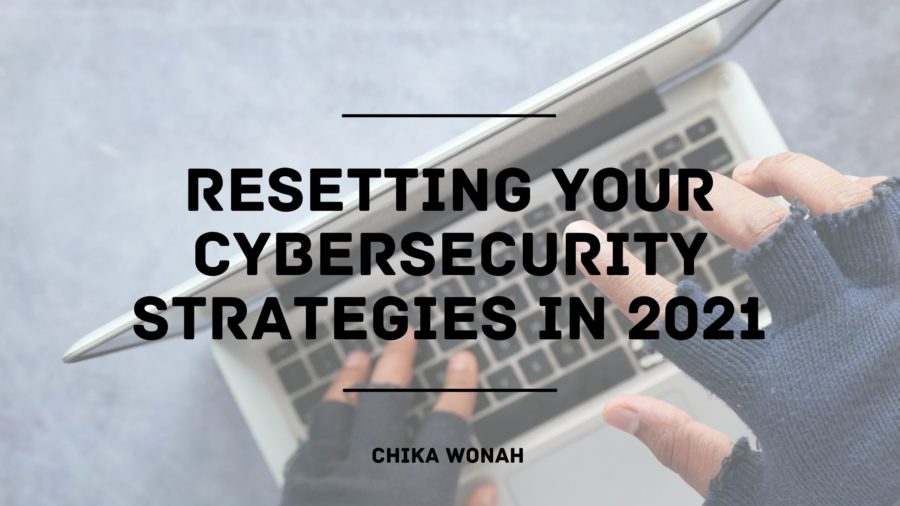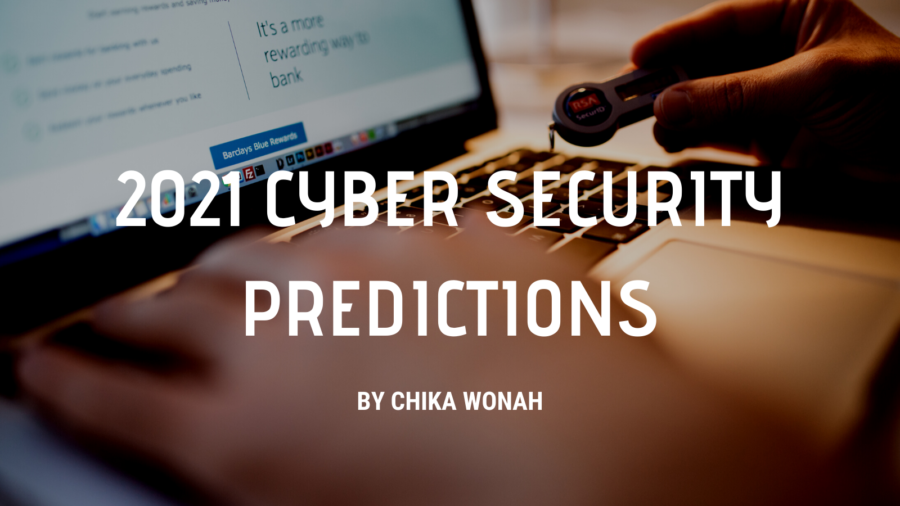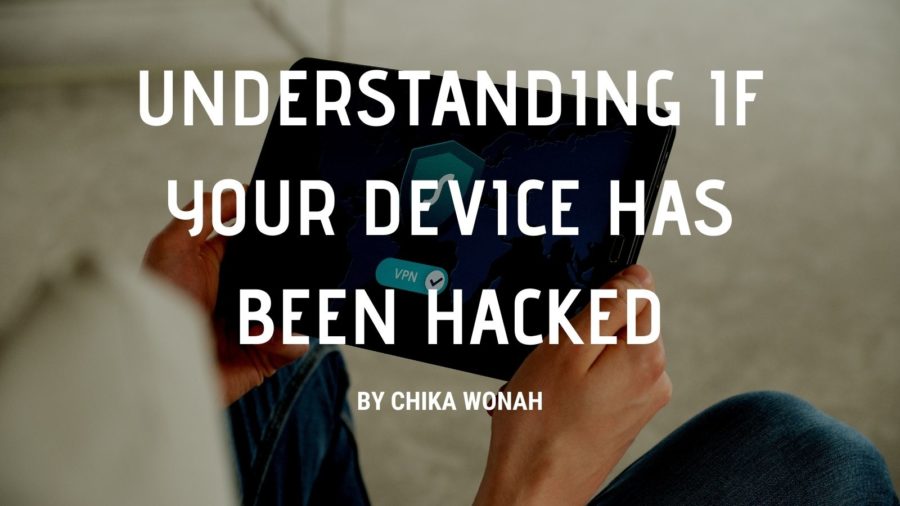People can use these four tips to protect their personal information on social media.
Avoid posting sensitive information
Some people use social media for everything. They send Wi-Fi passwords to their friends. They upload work-related documents to colleagues. Some people even use Facebook to communicate with their accountants during tax season. Using social media to message people is okay. However, do not use the platform as a storage space for confidential documents. Instead, use flash drives. Important issues should be resolved offline.
Use anonymized platforms
People need to question whether it is necessary to use their real name and picture online. Do the pros outweigh the cons? Things can go wrong in a security breach. Identities get stolen. People’s lives get turned upside down. Internet users should consider using Reddit and other anonymized chatrooms. People can still find out about current events on Reddit. There are insightful discussions about various topics. For example, people talk about the latest technological advancements. They also share funny cat videos. People can stay safe on the internet by using fake credentials when signing up for an account. Become anonymous in case anything happens.
Make sure to log out
People stay logged in when they are at home. It is convenient. No one likes to waste time signing in. However, staying logged in is a cybersecurity issue. What happens when someone comes over? That person can easily access the computer when the homeowner is not looking. He or she can impersonate the homeowner on social media and ask friends for strange favors. This is a disaster waiting to happen. Therefore, users should remember to log out when they are finished with their browsing session.
Adjust privacy settings
Social media users have control over the types of people that can see their content. They can let the public see everything. They can also limit viewership to friends or friends of friends. People should become familiar with privacy settings because they can affect all aspects of life. Employers check social media when they screen applicants. Universities also research social media profiles before sending out acceptance letters. People should be mindful of these things when they log in.
By taking these actions, people can navigate social media without compromising their safety.
